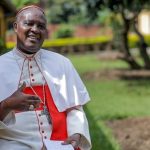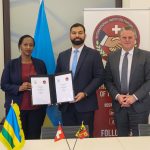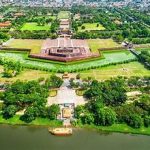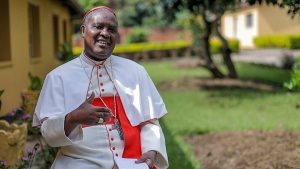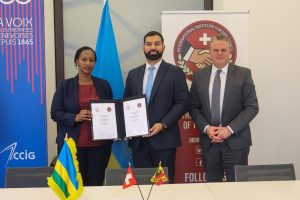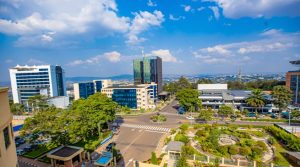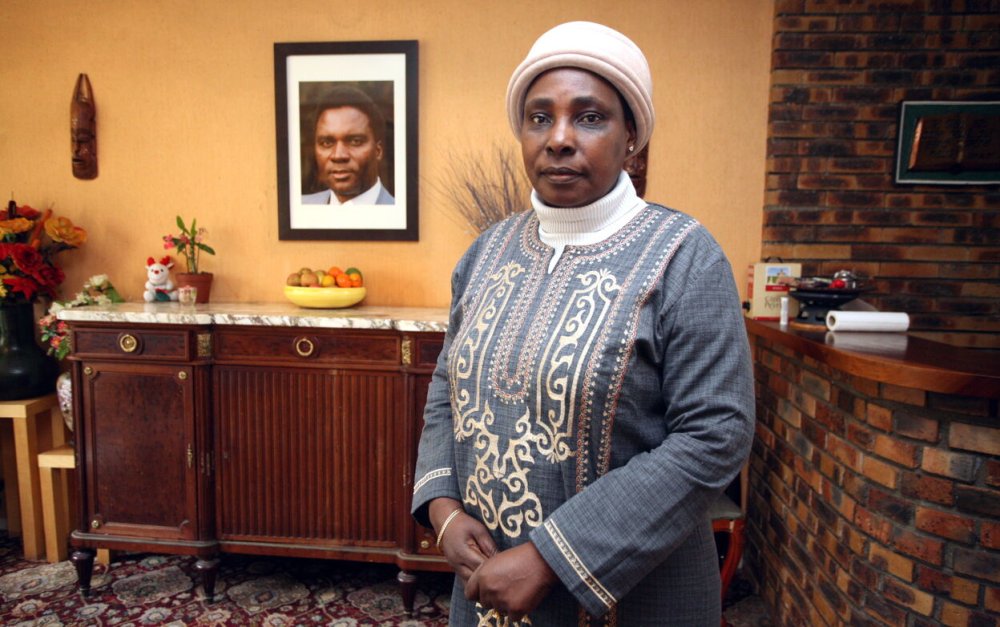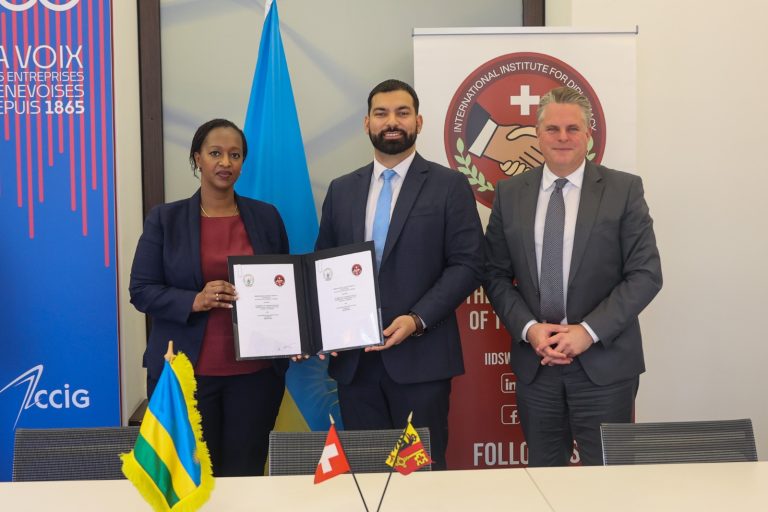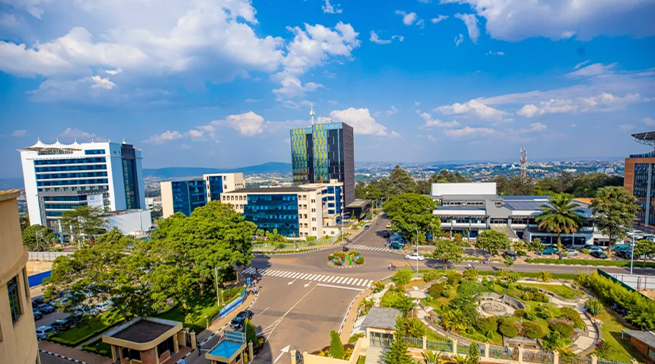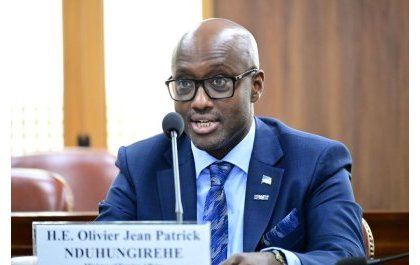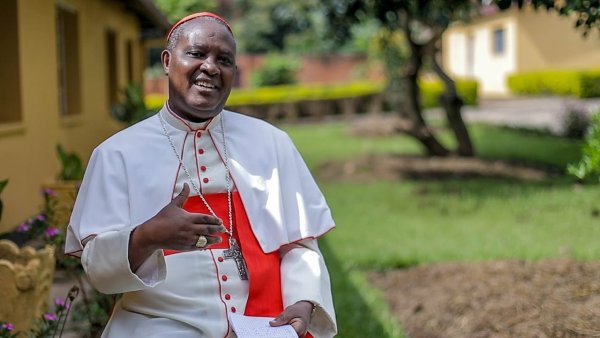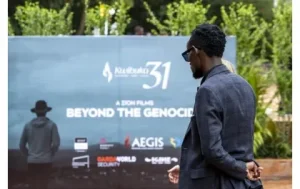French prosecutors have announced plans to appeal a ruling that halted investigations into Agathe Kanziga, the widow of former Rwandan president Juvénal Habyarimana, who faces longstanding accusations of involvement in the 1994 Genocide against the Tutsi.
Richard Gisagara, a lawyer representing genocide survivors’ associations, confirmed on August 22 that the decision taken by French investigative judges on August 20 to close the case would be challenged in court.
The judges had argued that Kanziga played no role in planning or carrying out the genocide, portraying her instead as a victim of the April 6, 1994 plane attack that killed her husband. Rights groups, however, maintain that she was an influential figure during the early days of the atrocities.
The case dates back to 2008, when survivor organizations filed a complaint in France demanding that Kanziga be investigated for genocide and crimes against humanity. In February 2022, judges dismissed the case, citing insufficient evidence.
Investigations were further restricted by the fact that Kanziga was evacuated from Rwanda on April 9, 1994, under orders from then-French president François Mitterrand. As a result, French judges only examined her actions during the first three days of the genocide.
In September 2024, France’s anti-terrorism prosecutor’s office (PNAT) criticized the inquiry as too narrow and called for further investigations covering the period between March 1 and April 9, 1994. PNAT also pushed for additional charges, including participation in the genocidal conspiracy.
However, in May 2025 investigative judges rejected the request, ruling that no credible evidence linked Kanziga to the genocide plot. Although PNAT appealed, the judges reaffirmed their earlier decision on August 20, declining to reopen the case.
The ruling was welcomed by members of the Habyarimana family, including their son Jean-Luc, who said it effectively brought the matter to an end.
But Gisagara insisted that the legal battle is far from over. “Do not be discouraged by the celebrations of genocidaires, deniers, or their supporters,” he said. “This is only one step in the proceedings. There is still room for appeal and possible annulment. This case cannot be closed before all legal avenues are exhausted.”
Why French Judges Avoid Kanziga’s Trial
Observers point to France’s historic political ties with Rwanda’s former regime as a key reason behind the reluctance to prosecute Kanziga. President Mitterrand, a close ally of Habyarimana, personally ordered her evacuation at the outbreak of the genocide and ensured her protection in France.
Now 82, Kanziga has lived in France ever since, supported financially by the French state. According to a 2008 report by Gen. Maj. (Rtd) Paul Rwarakabije on France’s role in the genocide, Kanziga received regular payments from the French intelligence service, the DGSE. Part of this funding was allegedly diverted to Col. Aloys Ntiwiragabo, a founder of the FDLR militia opposed to Rwanda’s post-genocide government.
Political analyst Tite Gatabazi told IGIHE that Kanziga’s protection is rooted in her knowledge of France’s involvement during the genocide. “She holds sensitive secrets about France’s role. That is why she was immediately airlifted out and has continued to live under state support,” he said.
Although successive French governments have changed over the past three decades, Gatabazi noted that powerful figures linked to the Mitterrand era remain influential. “Some individuals continue to shield her regardless of the position of the current government,” he added.
Author: Justinmind HARERIMANA
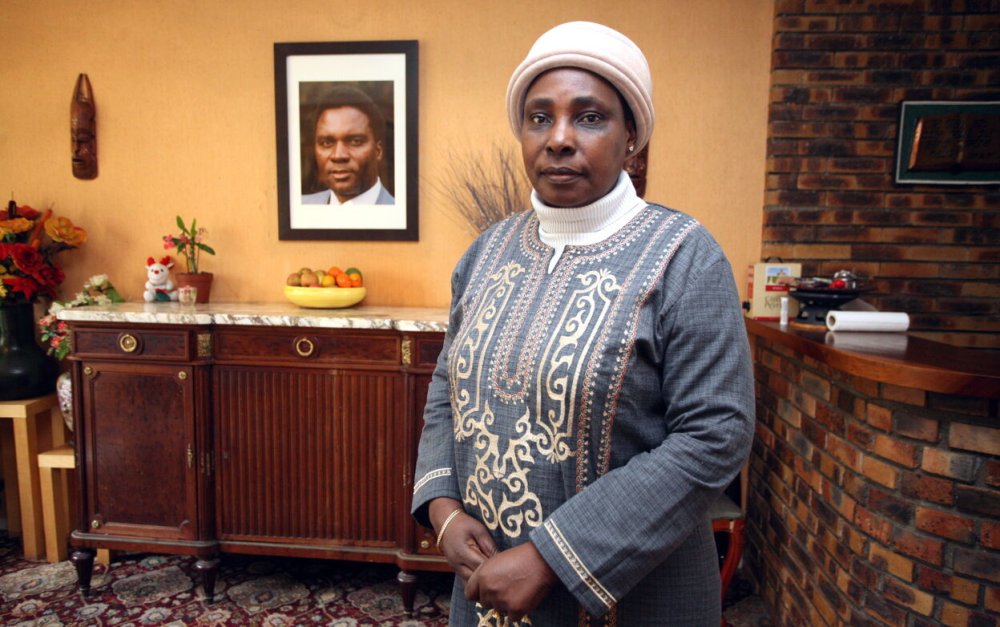
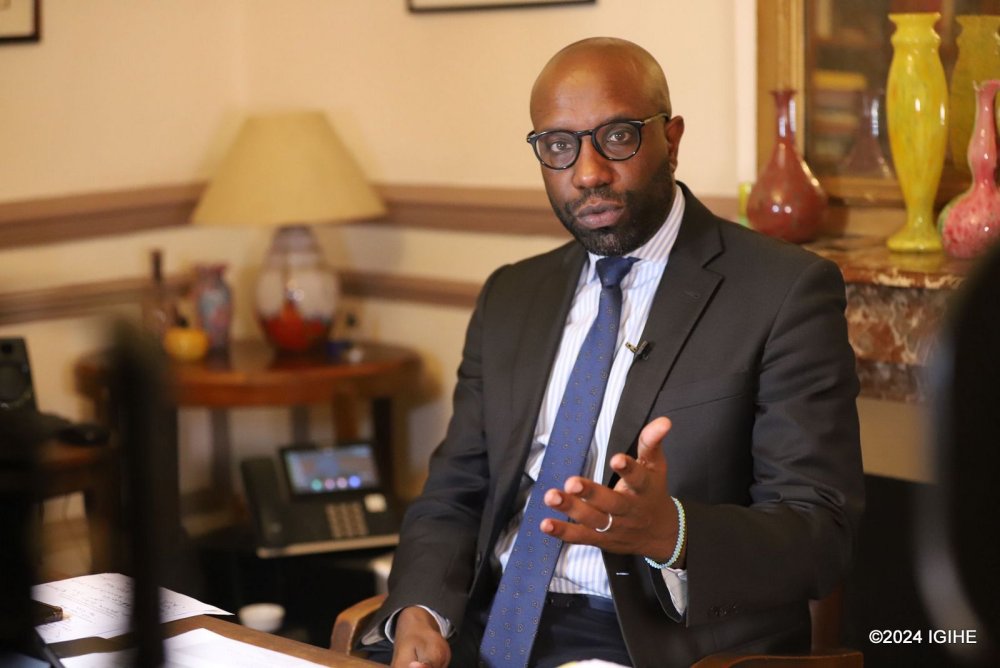
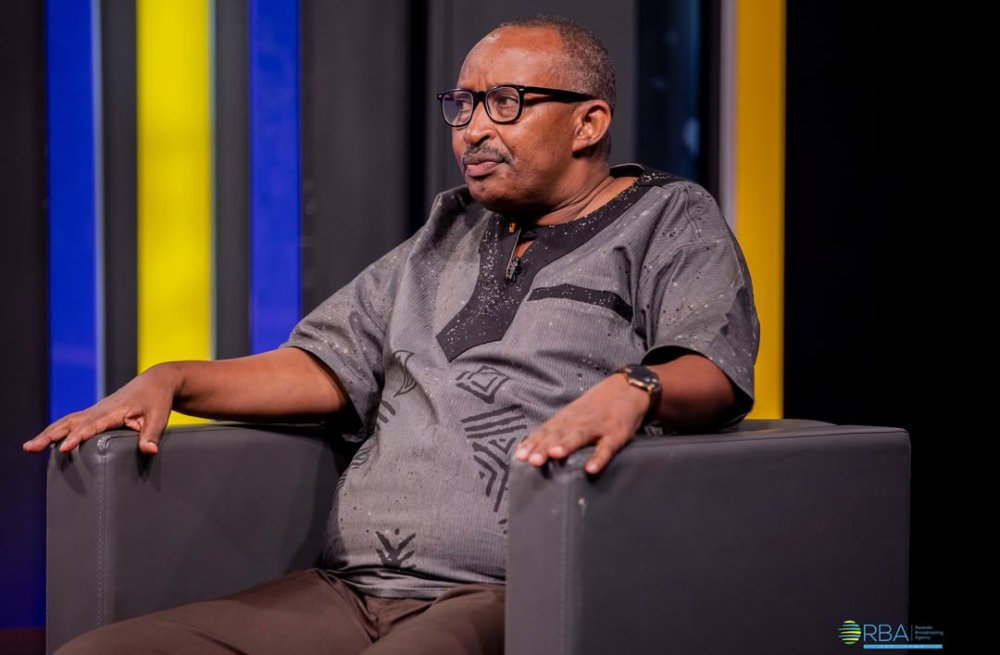
Tite Gatabazi claims that Kanziga has secret ties with members of the French government.
